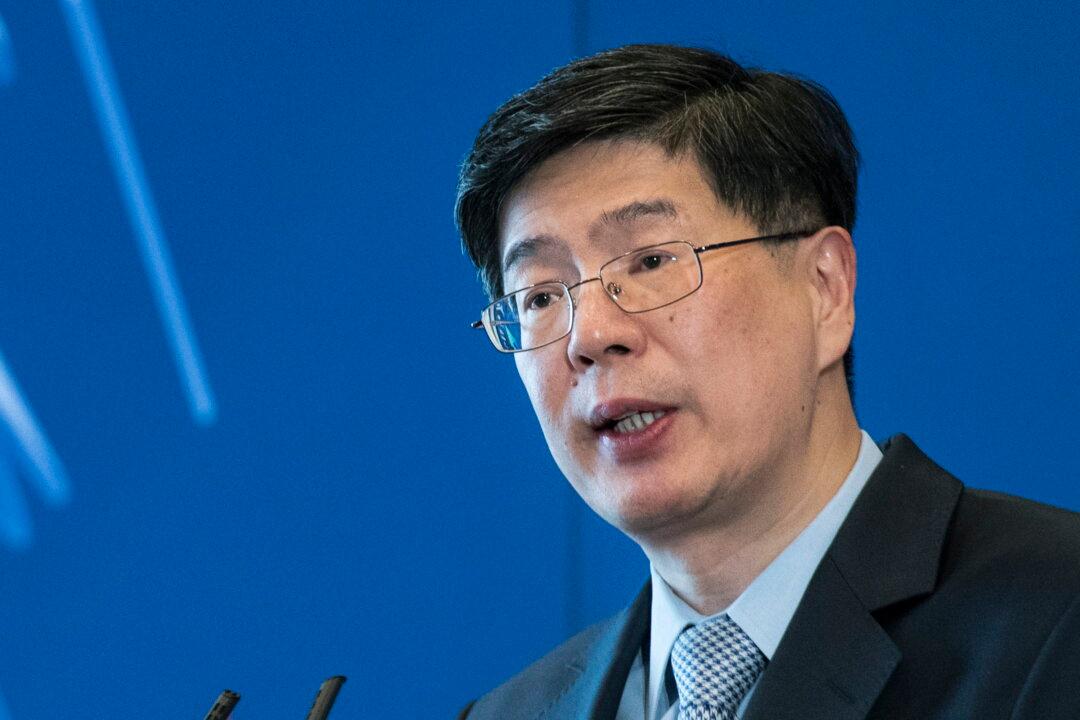University of Ottawa President Jacques Frémont apologized Nov. 30 for the university’s decision to limit press freedoms during a talk by Chinese Ambassador Cong Peiwu.
Cong requested that university staff stop journalists from recording his talk on Nov. 28. A Radio-Canada cameraman was asked to leave.





